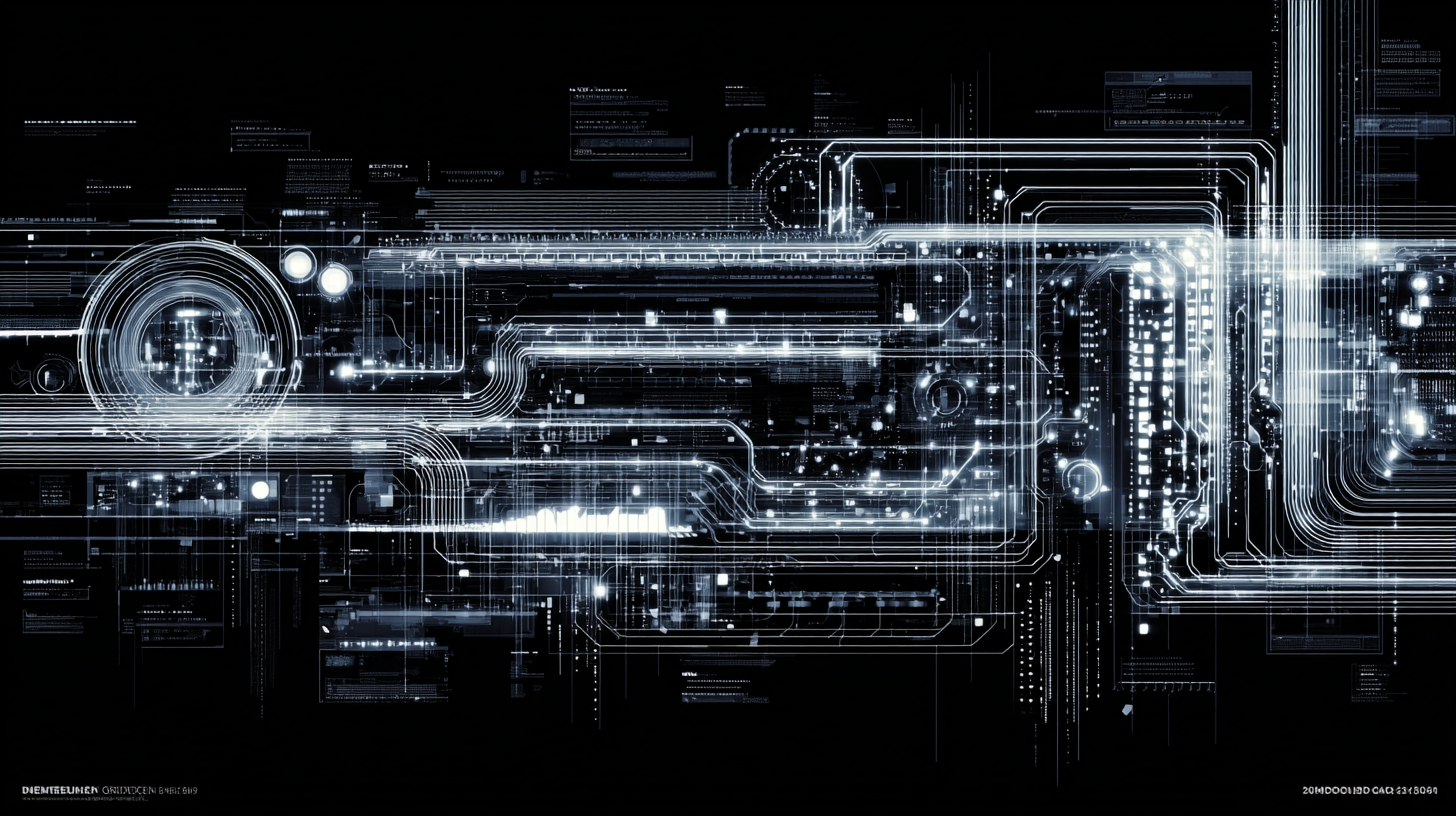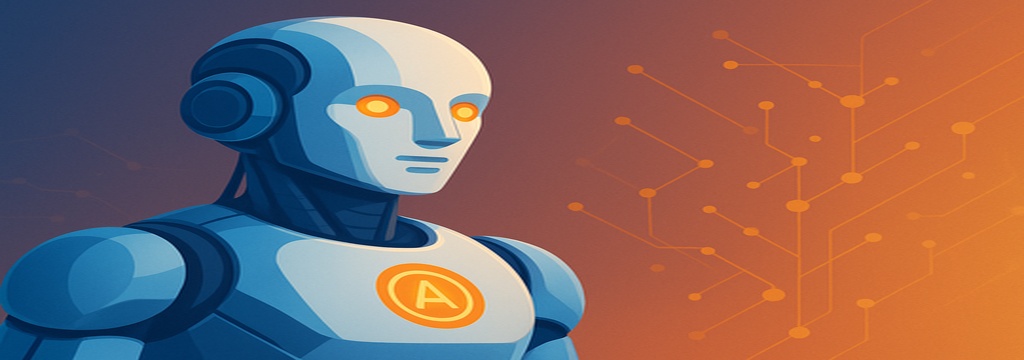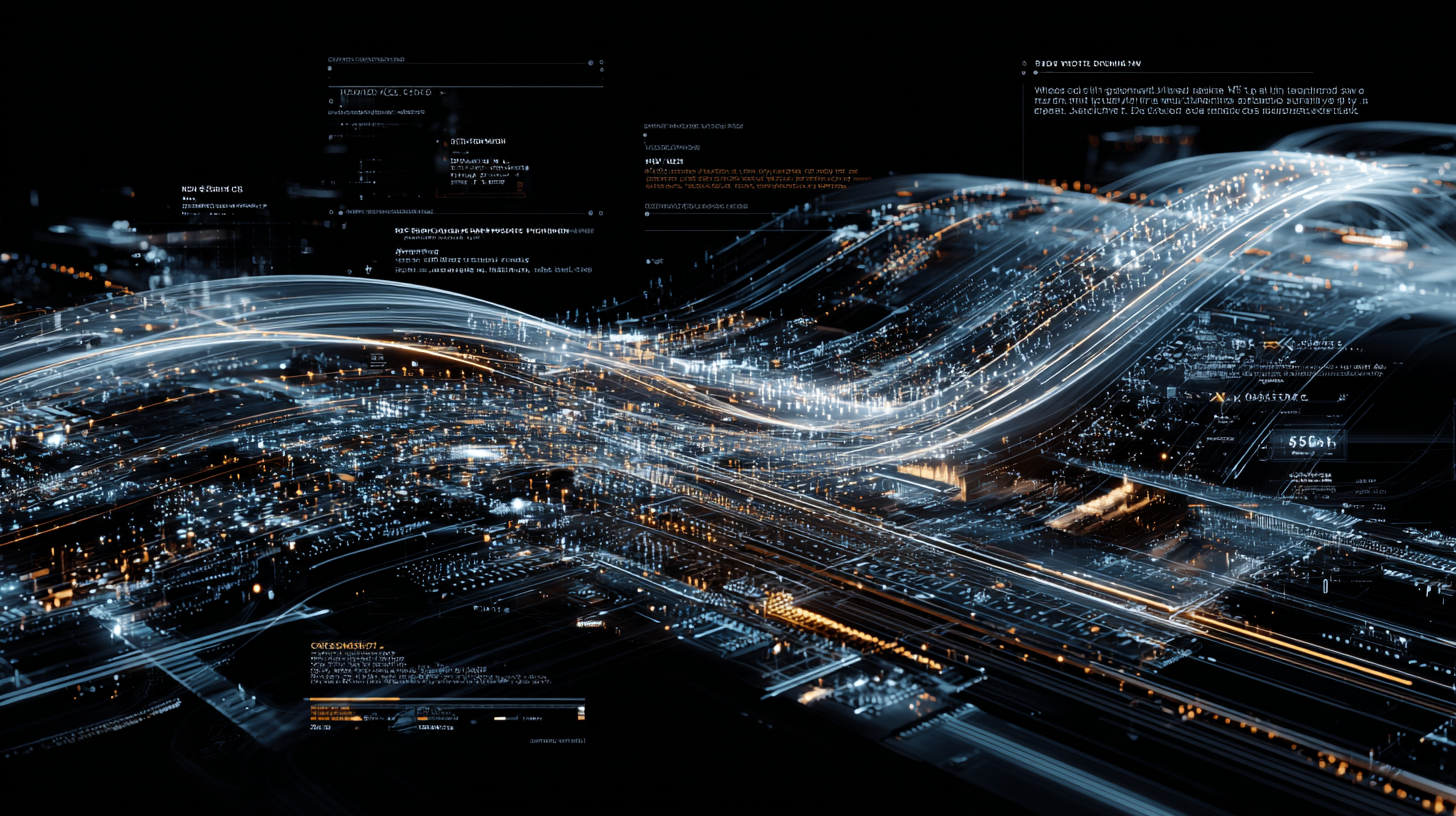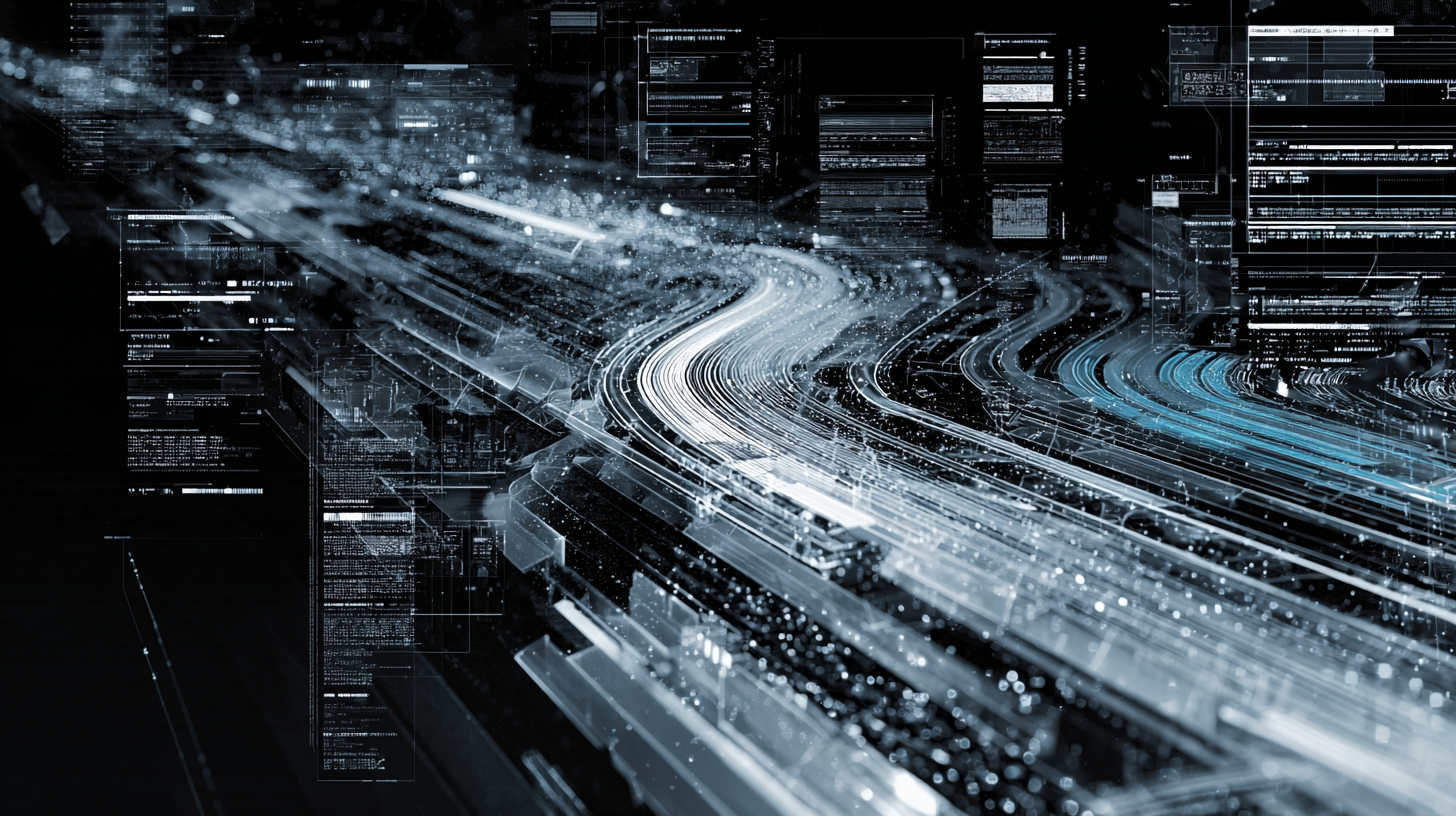The future of SEO – Does classic SEO stand a chance against AI?

September 27, 2025
Category:
SEO vs AI
The traditional approach to search engine optimization has relied on key elements such as a solid website structure, semantic core, top-notch content, and external linking. However, the rise of artificial intelligence is swiftly transforming this landscape. A key question that arises is whether conventional SEO will continue or if it will be completely replaced by AI-driven technologies.
Impact of AI on SEO
In the past, website promotion focused on specific algorithms that concentrated on optimizing titles, keyword density, and technical details. Nowadays, search engines increasingly utilize machine learning. These algorithms can now assess not only the technical aspects of a webpage but also the relevance of its content to users.
AI-powered tools now offer capabilities like automatic content creation, tailored competitor analysis, prediction of user behavior, and real-time adjustments to content based on specific queries. Consequently, traditional methods are becoming less significant. SEO is transitioning from technical tweaks to a blend of data, psychology, and automation.
Artificial intelligence can rapidly generate vast amounts of text, saturating the online space and heightening competition. Search engine algorithms now prioritize content relevance and user intent over mere keywords or links, reducing the impact of traditional optimization techniques. The challenge lies in adapting strategies to new criteria such as user engagement, behavior, and relevance.
Advantages of Traditional SEO
Despite significant changes, traditional SEO remains relevant. This is because search engines still require a well-structured site, clean code, fast loading speeds, and easy navigation. These foundational elements cannot be entirely replaced by automated methods.
Moreover, user trust depends not only on relevant content but also on brand credibility, reviews, and expertise. In this regard, the fundamentals of traditional SEO maintain their crucial role.
Challenges and Risks for SEO
The main risk for traditional SEO comes from the rapid learning pace of AI. Tasks that used to take weeks for analysis and preparation can now be completed in hours. Content generation, query enhancement, and link building are now partially automated. Businesses that rely solely on conventional approaches face the risk of falling behind.
A Blended Approach – The Future of SEO
The most promising path forward involves a blended approach. AI can speed up routine tasks, provide analytics, and assist in content creation. Traditional SEO lays the foundation – structure, strategy, and user trust. Only by combining both methods can companies maintain competitiveness.
While classic SEO is not disappearing, it can no longer tackle modern challenges on its own. Artificial intelligence is changing the landscape, and to stay relevant, practitioners must integrate AI tools into their strategies. The future of SEO isn’t about choosing between “classic” and AI but rather about smartly combining the two.
Other posts from the category
-

Does AIO violate search engine guidelines?
February 3, 2026
-

What determines which websites appear in AI-Generated results
November 28, 2025
-

Why GEO isn’t SEO – but the next stage in search evolution
November 26, 2025



